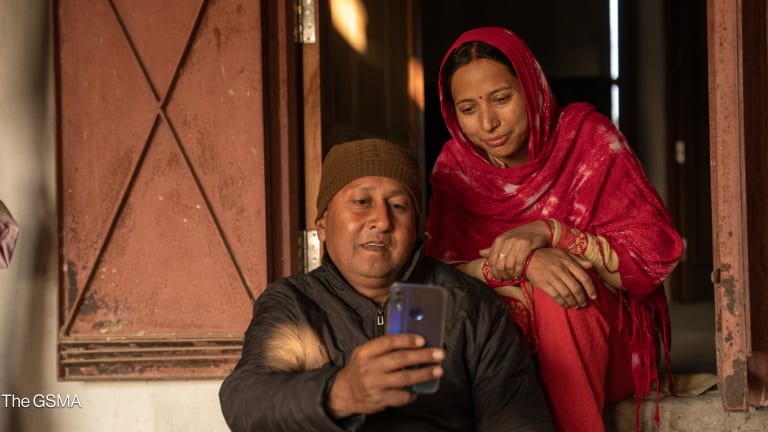The unprecedented rate of global population aging presents policymakers with a challenge.
As the 2014 Global AgeWatch Index published last week reveals, life expectancy continues to rise in many countries, so governments need to act now to stand a better chance of meeting the needs of their growing older populations.
The proportion of the world’s over-60s is set to rise from nearly 12 percent in 2014 to 21 percent in 2050. In just over a generation, the number of people over 60 will nearly match the number of people under 25. Already two-thirds of the world’s over-60s live in low- and middle-income countries, and this will rise to four-fifths by 2050. However, older people remain largely ignored in the discussions over the post-2015 development agenda.








